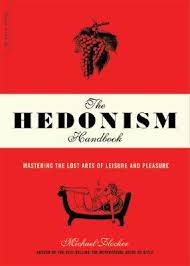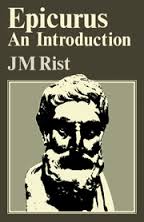Hedonism is pervasive, influencing our daily habits, our professional lives, and even our theology. Contrasting Michel Onfray with John Piper or C.S. Lewis demonstrates how two individuals can fully embrace hedonism but end up in vastly different places, Onfray having rejected all religions outright and Piper and Lewis arguing that God Himself is the chief end of man and object of pleasure. As you consider your own conclusions, ask yourself the following questions:
- Is pleasure a good thing?
- Can pleasure-seeking be dangerous to others or me? If so, how can these dangers be avoided?
- What pleasures should be sought? Are there borders or rules around the seeking of such pleasures?
- What is the driving motivation behind pleasure-seeking in our culture?
These are important questions, since our conclusions regarding what truly satisfies can lead to either fulfillment or frustration. Only that which is true, good, and beautiful can offer genuine pleasure.








